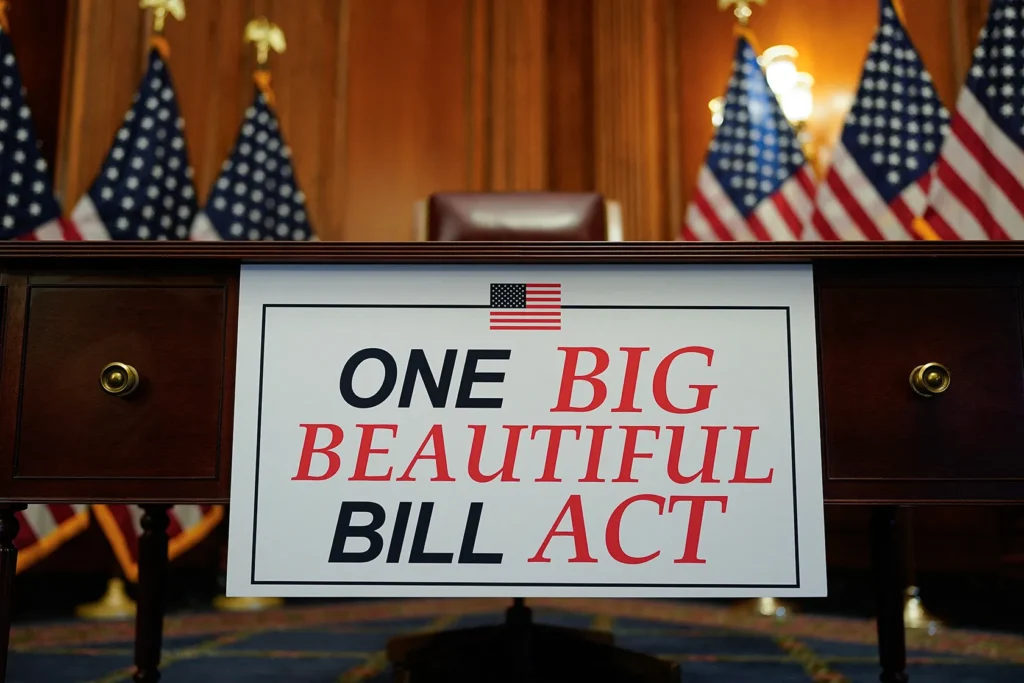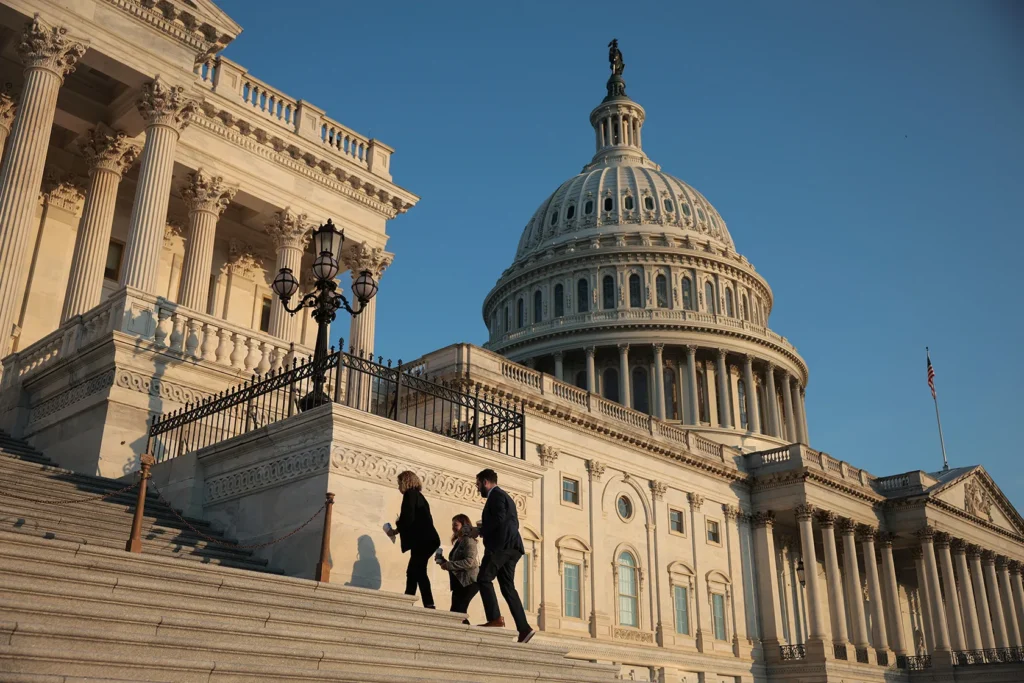Progress under threat: The future of overdose prevention in the United States

Overdose deaths in the United States fell by nearly 25% from 2023 to 2024. While this decrease may point to the effectiveness of recent reforms, such as expanded access to naloxone, methadone, and buprenorphine, the work is far from done.
Despite overall decreases, overdose death rates are not equal across demographic groups, revealing the need for targeted public health responses.
The potential loss of Medicaid coverage and cuts to addiction-related grant programs would devastate treatment access, particularly for low-income individuals and in rural areas.
Trump’s immigration policies may threaten American AI leadership

Ahead of the 2024 election, President Trump said he would support high-skilled immigration, in part to support American leadership in AI.
However, the administration has targeted and imposed new barriers on international students, many of whom pursue studies in AI-related fields.
At the same time, other countries have created policies to attract talent, posing a threat to U.S. technological innovation and leadership.
Trump’s “Sheriffs” Can’t Keep the Peace with China

Trump’s foreign policy echoes Nixon’s doctrine of delegating regional security to allies (like Israel in the Middle East) to reduce U.S. burdens. While this approach shows promise in the Middle East and Europe, it faces hurdles: loss of control over proxies, continued U.S. involvement needs, and outright failure in Asia—where China’s military dominance makes allied self-reliance impossible.
Why AI Could Be a Productivity Dynamo

economic fads or foundational breakthroughs. Drawing on economic theory, historical precedent, and early productivity studies, the authors ask: Is GenAI a light bulb, a dynamo, or a microscope?
Tele-Palliative Care Offers Access to Needed Support

Palliative care focuses on improving quality of life for individuals with serious illnesses. Tele-palliative care offers access to care for those who might otherwise go without and has surprising advantages over traditional, in-person care.
Iran and the Logic of Limited Wars

Israel’s limited war on Iran needs to be judged against the alternatives. By that measure, the operation was a success. Limited wars can buy time, shift the geopolitical dynamic and, in doing so, pave the way to something more enduring.
Supreme Court Displeased at How the Internet Has Grown Up

The Supreme Court’s ruling in *Free Speech Coalition v. Paxton* weakens First Amendment protections by allowing age verification laws for adult content, ignoring precedent that favored less restrictive alternatives like parental filters. The decision reflects the Court’s lost faith in internet self-regulation and shifts responsibility from parents to the state.
Destroying the Fed’s independence to make monetary policy decisions would be a disaster for working people

Fed’s independence prevents political interference, ensuring stable inflation and low unemployment. Undermining it risks economic chaos—higher prices and interest rates for working families.
The Midsummer Economy: Going Downhill Slowly

Trump’s economic policies—marked by high tariffs, budget cuts, and immigration restrictions—are creating a drag on growth, slowing key sectors without yet triggering a recession, but setting the stage for deeper problems in 2026.
What Trump’s Anti-Environment One Big Beautiful Bill Act Means for Your Wallet, Health, and Safety

In addition to cutting health care and food assistance programs, the act’s energy and environmental provisions would raise energy costs, increase pollution affecting Americans’ health, and increase safety risks in a worsening climate.
The Truth About the One Big Beautiful Bill Act’s Cuts to Medicaid and Medicare

The Center for American Progress and The Arc break down the One Big Beautiful Bill Act, exposing how its deep cuts to Medicaid and Medicare will lead to benefit losses, increased paperwork requirements, and rural hospital closures that will hurt Americans—especially people with disabilities.
10 Egregious Things You May Not Know About the One Big Beautiful Bill Act

Congressional Republicans’ radical budget and tax bill includes several less-known provisions that will increase costs, fuel the Trump administration’s overreach, and waste taxpayer dollars.
